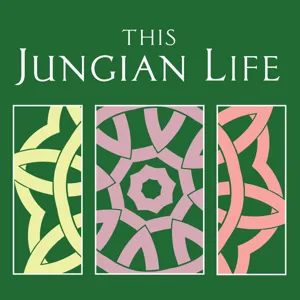ECLIPSE: archetype of awe, wonder, and triumph

Encountering a total eclipse can evoke a primal connection to nature and the infinite, constellating a deep sense of belonging to the universe and each other.
Eclipses profoundly impact observers, evoking awe, transcendence, and a shared sense of unity. These celestial events encourage deep personal reflection and stronger social connections among those who witness them. They transform ordinary moments into extraordinary ones, re-enchanting the world and reinforcing the bond between humanity, nature, and the cosmos. Mysterious and awe-filled, in ancient times, Eclipses inspired myths and religious rites that shaped culture, politics, and even war.
Prepare to discover...how human beings engage with and interpret awe-inspiring events; what effects awe, mystery, and the numinous have on the human psyche; where individuals and societies find meaning and transcendence in natural phenomena; whether events like eclipses can re-enchant a disenchanted world; which aspects of human nature are illuminated by our reactions to eclipses; why the human response to eclipses and similar events can be a profound source of insight into our collective and individual psyches, revealing deeper truths about our fears, hopes, and the interplay between consciousness and the cosmos...and so much more.
FIND THE DREAM WE INTERPRET HERE: https://thisjungianlife.com/eclipse/
Try new stuff
Learn to interpret dreams: https://thisjungianlife.com/join-dream-school/
Support us on Patreon (keep us free of corporate influence): https://www.patreon.com/ThisJungianLife
Share your dream with us: https://thisjungianlife.com/share-your-dream/
Suggest a podcast topic: https://thisjungianlife.com/podcast-form-topics/
Get some TJL merch: https://www.zazzle.com/store/thisjungianlife/products
Talk to Us:
YouTube: https://www.youtube.com/watch?v=8Q8IG87DsnQ
Instagram: https://www.instagram.com/thisjungianlifepodcast
Twitter: https://twitter.com/ThisJungianLife/
Facebook: https://www.facebook.com/ThisJungianLife/
LinkedIn: https://www.linkedin.com/in/thisjungianlife/